IATA 2013: Aviation catalyst for growth in Africa
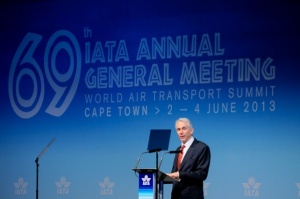 Tyler addresses delegates
Tyler addresses delegates The International Air Transport Association 69th annual general meeting has opened in Cape Town, South Africa with strong calls for African governments to take full advantage of aviation as a catalyst for growth and development.
Opening the conference, IATA director general Tony Tyler said: “Nowhere is the potential for aviation greater than on the African continent - the home to a billion people spread across 20 per cent of the world’s land mass.
“The 50th anniversary of the African Union reminds us of its vision for an integrated, prosperous and peaceful Africa, driven by its own citizens and representing a dynamic force in the global arena.
“Aviation is well placed to contribute to these and the other long-term goals so vital to the development of Africa,” he added.
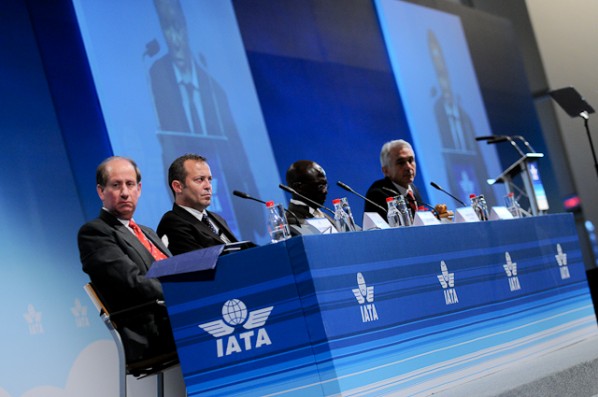
Delegates open the conference
The crucial opening session was opened with a formal address from the deputy president of the Republic of South Africa, Kgalema Motlanthe.
Acting chief executive of South African Airways, Nico Bezuidenhout, was elected President of the AGM.
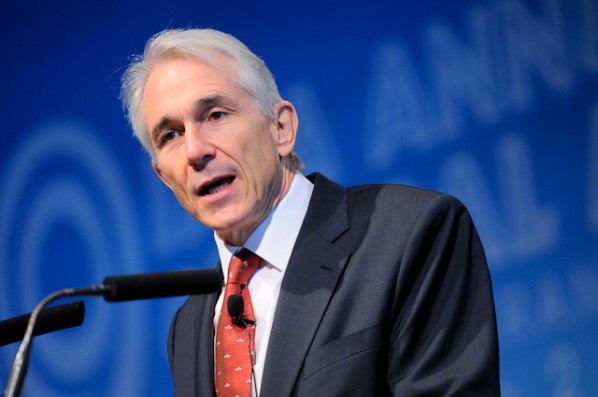
IATA director general Tony Tyler opens the meeting
“Global connectivity - enabled by aviation - has a very powerful role to play both in integrating the 54 national economies of Africa and in connecting them to the world.
“With a few kilometres of tarmac, even the most remote destination becomes a part of the global community.
“But this will require the commitment of governments to solve some major issues,” said Tyler.
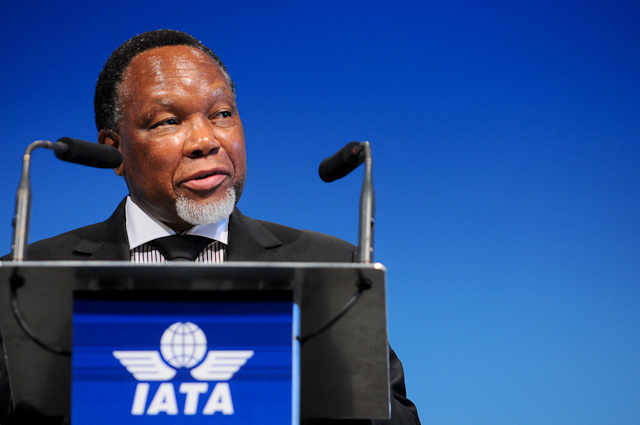
South Africa deputy president Kgalema Motlanthe was in attendance
Safety is the biggest challenge facing African aviation.
“IATA’s 20 Sub-Saharan members are performing in line with the global average on safety as are the 24 Sub-Saharan airlines that have met the 900+ standards of the IATA Operational Safety Audit.
“But if we look at the entire African industry, safety remains a challenge with an overall accident rate many times the global average.
“This AGM is an opportunity to send a clear signal to the region’s governments that world class safety is possible in Africa and that we support their commitment to achieving it by 2015,” said Tyler.
Other key issues addressed during the opening session included the high operating cost environment in Africa, which places the continent’s airlines at a competitive disadvantage that impedes the important role that aviation connectivity could play.
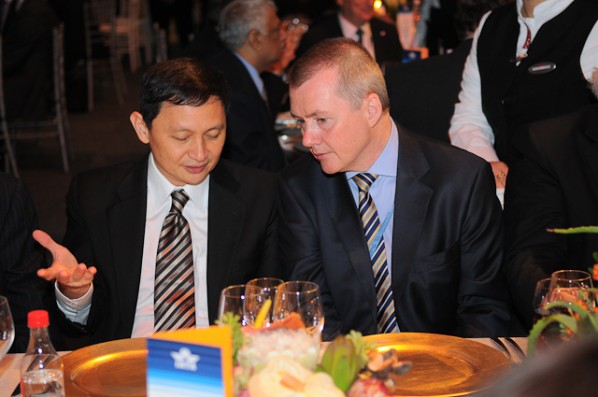 Willie Walsh, chief executive, International Airlines Group, right, at the event
Willie Walsh, chief executive, International Airlines Group, right, at the event
Tyler highlighted how fuel costs are 21 per cent more expensive in Africa than the global average.
Government policies towards aviation in Africa tend to see it as an “elite” product, rather than as a critical component of the continent’s economic infrastructure.
As a result, it is heavily taxed - often in violation of International Civil Aviation Organization principles that prohibit the taxation of jet fuel for international operations.
Moreover, despite high infrastructure charges, the failure to invest in fuel supply infrastructure has resulted in frequent supply disruptions that cripple the operations.
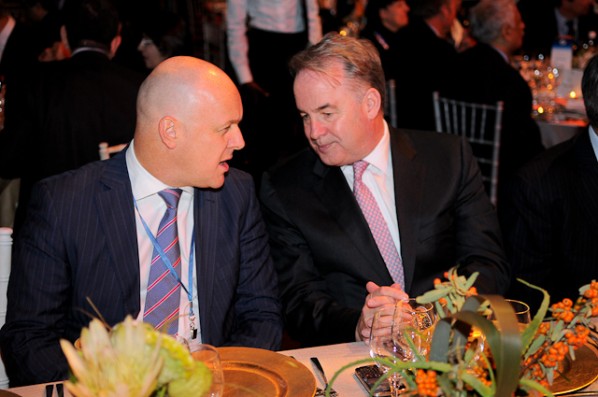 Etihad Airways chief executive James Hogan, right, at the IATA annual general meeting
Etihad Airways chief executive James Hogan, right, at the IATA annual general meeting
Africa also suffers the impact of onerous direct taxes on tickets. Solidarity taxes, tourism taxes, VAT, sales taxes and infrastructure levies and taxes all make connectivity more expensive.
This limits the power of aviation to drive economic growth, which would be a much greater source of revenue for governments.
African economic growth will demand better connectivity - integrating African economies and connecting them to world.
Tyler said this must be better enabled by government policies.
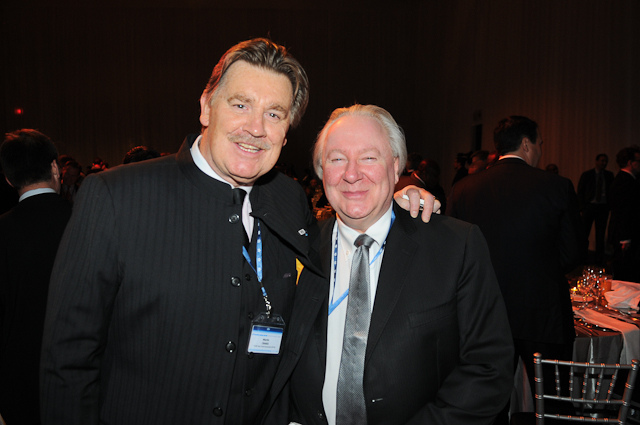 Graham Cooke, president, World Travel Awards, right, with PATA chief executive Martin Craigs
Graham Cooke, president, World Travel Awards, right, with PATA chief executive Martin Craigs
Aviation already has a significant footprint in Africa – supporting $67 billion in economic activity annually and 6.7 million jobs.
In South Africa, aviation supports some 350,000 jobs and contributes approximately ZAR 74 billion to South African GDP.

